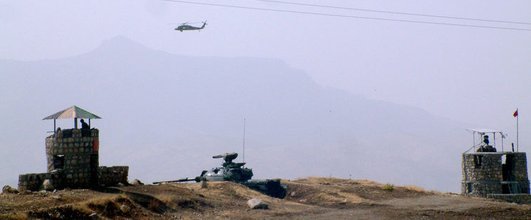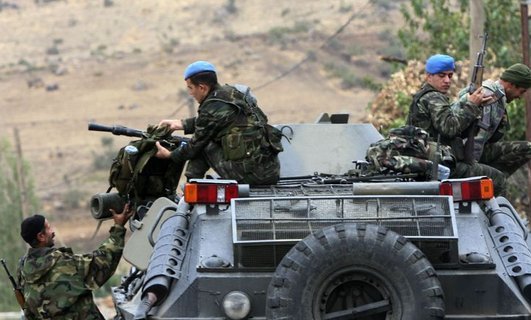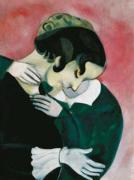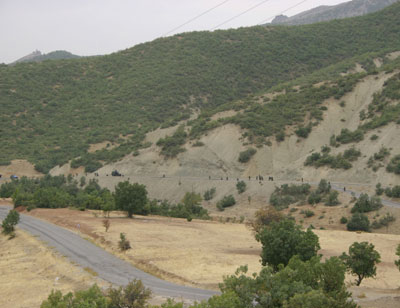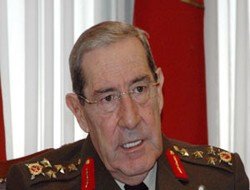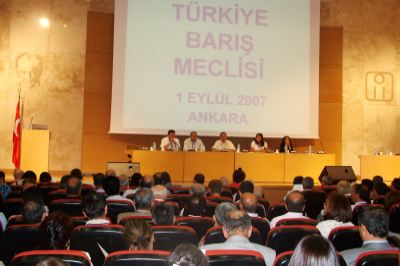According to sociologist Assistant Professor Dr. Mesut Yegen of the Middle East Technical University in Ankara, the main aim of operations in Northern Iraq is to change the political climate in Turkey related to the Kurdish question.
"After the [general] elections [in July], there were two new actors concerning the Kurdish question, the Justice and Development Party (AKP) and the Democratic Society Party (DTP). Now the discourses of these two actors have been disabled. The AKP's bid to exclude military solutions and turn to economic development, and the DTP's suggestions for a new constitution and a debate on the Kurdish question in parliament are now off the agenda."
Fighting sides dominant
"Now there is only room for two actors in the Kurdish question: the military bureaucracy and the PKK (Kurdish Workers' Party). With this simplification, "unnecessary confusion" has been avoided, the variety of discourses has been quashed. Now the discourses of the fighting sides are dominant again."
Thus, according to Yegen, there has been a return to considering the Kurdish question a question of "public security".
Yegen says that it was clear before the elections that the AKP would not be able to withstand army pressure concerning the Kurdish question.
Operations will not destroy PKK
While the impression is given that the PKK will be "finished" with operations in Northern Iraq, retired generals and journalists say and write that this will not be the case.
For instance, retired general Osman Pamukoglu, responsible for operations in the 90s, said on a programme on the atv channel that operations might weaken, but not finish the PKK.
In the New Anatolian newspaper, journalist Ilnur Cevik wrote of a "PR operation".
Yegen agrees: "No one can expect the Turkish army to carry out ground operations and destroy the PKK. The authorisation might come, and there may be one or two limited air operations after that."
As long as there were no battles on the ground, he argues, Turkey, the USA and the Kurdistan Regional Government in Northern Iraq seemed to be in agreement on a limited air operation.
Yegen also points out that Turkey's developed capital and the weak Kurdish capital in Iraq were mutually dependent and would want to avoid conflict.
DTP under pressure
Meanwhile, says Yegen, the pro-Kurdish DTP was being pushed to the margins, and the PKK did not want an autonomous DTP.
"If the DTP starts to develop special policies on the Kurdish issue, the PKK will find other targets. The PKK's demands revolve around itself: an improvement of imprisoned leader Abdullah Öcalan's conditions, an amnesty for the PKK's leading members in exile, etc."
"In the last statement of the DTP's party assembly, a list of the Kurds' ethno-cultural demands was put forward. If the DTP really insists on legal politics, this will be outside of the demands of the PKK. From the point of view of the PKK this would be unacceptable."
Should the DTP pursue such policies, and focus on demands concerning poverty, education and constitutional change, then this may also bring anti-PKK people into the Kurdish political movement, which the PKK would want to prevent.
PKK cannot stop fighting
Yegen makes two points about the PKK:
- After the arrest of PKK leader Abdullah Öcalan in 1999, we faced a PKK which did not fight. But it was not possible to continue like that. Such an organisation cannot continue for twenty years without resorting to violence.
- Since the occupation of Iraq, the PKK has become an organisation within Iraq. It is not going to clash with the USA or the Kurdistan Regional Government over their macro plans.
In the current atmosphere, there is little scope for peace initiatives.
PKK attitude: Those wanting peace have mostly demanded it from the government. But every time the PKK's actions weakened this position. The PKK has generally not kept its promises. This has weakened the trust in those demanding peace. First of all, the PKK has to be convinced to change. As long as violent acts continue, the mentality which calls the Kurdish question an issue of terrorism will not change.
State attitude: Apart from a few reforms in 2004, the state is determined not to solve the Kurdish question.
Media attitudes: I have no positive expectations from the media. Particularly the Dogan [media] group is becoming more nationalist [...]. The basic steps are being taken by the Hürriyet newspaper. Seeing this as a unique opportunity, it is fuelling nationalism.
Peace initiatives: Initiatives such as the Peace Parliament must target the public, the ordinary citizens, leaders of groups, and those who suffer most from conflict. Otherwise, "Turkish-Kurdish tensions" will become impossible to solve.
Not only a problem for Turkey: It has to be seen that these kinds of problems are experienced all around the world, that they are issues particular to nation states and the modern age. Every nation has issues with ethnic questions. It must not be forgotten that this issue can be solved with democratic mechanisms. (TK/NZ/AG)






